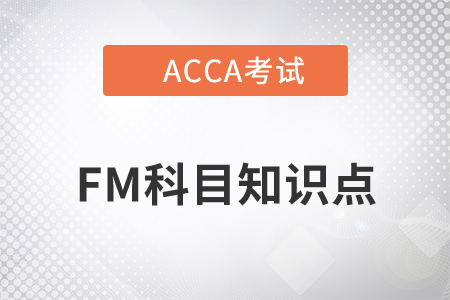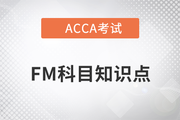Market efficiency(市場有效性)是什么_2021年ACCA考試FM知識點
前行的路,,不怕萬人阻擋,,只怕自己投降。小編已經(jīng)整理了關(guān)于ACCA考試FM科目相關(guān)知識點,,幫助備考的同學們順利備考,!

【內(nèi)容導航】
Market efficiency 市場有效性
【知識點】
Market efficiency 市場有效性
Market efficiency 市場有效性
Market efficiency
Definition of market efficiency
Different types of efficiency can be distinguished in the context of the operation of financial markets.
(a) Allocative efficiency
If financial markets allow funds to be directed towards firms which make the most productive use of them, then there is allocative efficiency in these markets.
(b) Operational efficiency
Transaction costs are incurred by participants in financial markets, for example commissions on share transactions, margins between interest rates for lending and for borrowing, and loan arrangement fees. Financial markets have operational efficiency if transaction costs are kept as low as possible. Transaction costs are kept low where there is open competition between brokers and other market participants.
(c) Information processing efficiency
The information processing efficiency of a stock market means the ability of a stock market to price stocks and shares fairly and quickly. An efficient market in this sense is one in which the market prices of all securities reflect all the available information.
The efficient markets hypothesis is concerned with the information processing efficiency of stock markets.
你受的苦,吃的虧,,擔的責,,扛的罪,忍的痛,到最后都會變成光,,照亮你的路,。想獲取更多ACCA考試相關(guān)內(nèi)容,請持續(xù)關(guān)注東奧會計在線頻道,。
注:以上內(nèi)容來自Echo老師基礎(chǔ)班第32講
(本文為東奧會計在線原創(chuàng)文章,,僅供考生學習使用,禁止任何形式的轉(zhuǎn)載)



























 津公網(wǎng)安備12010202000755號
津公網(wǎng)安備12010202000755號